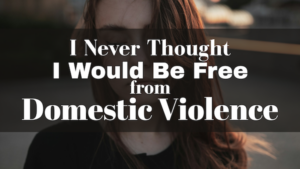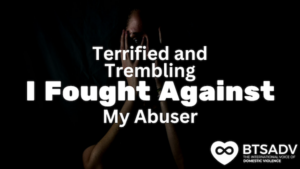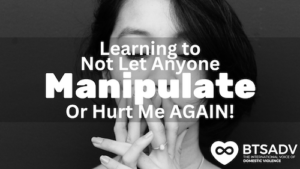The stigma of mental illness and conversations around mental health awareness makes it difficult for those impacted to live their lives and receive help. This stigma seen in a negative light by much of society and can hinder someone’s healing journey.
This is why the month of May shines a spotlight on Mental Health Awareness. We all deal with issues of mental health but survivors and victims of domestic violence have unique mental health needs, as well as barriers preventing us from reaching out for support.
What is mental health?
According to MentalHealth.gov, mental health is comprised of “our emotional, psychological, and social well-being. It affects how we think, feel, and act. It also helps determine how we handle stress, relate to others, and make choices.”
Why is it so important?
A person’s mental health is important because it is directly connected to our physical wellbeing. The Center for Disease Control and Prevention states, “Mental illness, especially depression, increases the risk for many types of physical health problems, particularly long-lasting conditions like stroke, type 2 diabetes, and heart disease.” Simply put, if our mental health is in a downward spiral, our physical health will also be impacted.
How does domestic violence affect mental health?
We, as victims and survivors, dealt with our abusers affecting our psyche at every turn. Abusers would use tactic upon tactic to afflict on us great emotional, psychological, and mental pain. In turn, that affected how we thought about ourselves and the world around us. We recoiled in emotional and physical pain, we hid from ourselves and others. We pulled back from our once great social circle and became recluse out of fear.
So it stands to reason that we place the utmost importance on our mental health in our healing journeys. Survivors were conditioned to believe that anything we did for ourselves was selfish. So, in our healing journeys, we want to finally make time for ourselves – to finally say, “We matter and we will take care of ourselves mentally and physically.” No longer do we step aside for others and place ourselves last. We say, “Now is our time. Now is the time we put our mental health first.”
For me, I was a strong, confident, successful, happy person before him. But with him, I became confused, sad, anxious, fearful, and felt like I was a failure. In my healing journey, I have placed more importance on my mental health. It takes precedence. I will no longer sacrifice my emotional and physical well-being for anything (or anyone) else.
Medline Plus lists several additional reasons why mental health is important, including:
- It helps us cope with life’s daily stressors,
- Helps us maintain positive, healthy relationships with others, and
- Enables us to be more productive at work.
End the stigma
For so long, society has swept mental health issues under the rug. But recently, people are starting to speak out. Mental health has become a hot topic for discussion and is being talked about more and more every day.
What do we do as a society to help?
First, we need to end the stigma that struggling with mental health issues is a bad thing. It’s not. It takes great courage to admit that you are struggling and even more courage to seek help. I was conditioned by society to believe the depression I was experiencing classified me as unstable and crazy, and by seeking help, I was an unfit mother. These sigma’s made me feel weak for seeking help. In reality, the abuse I endured caused my mental health issues.
According to Psychology Today, spotlighting mental health awareness during the month of May each year is vital to helping end the stigma. The National Alliance on Mental Illness also fights to bring awareness to mental health with their “You are not alone” campaign, stating, “Now more than ever before, it is important for the mental health community to come together and show the world that no one should ever feel alone.”
If you or someone you know is in an abusive relationship, there is help. You can visit the Break the Silence Against Domestic Violence website at www.breakthesilencedv.org or chat with one of our helpline advocates at 855-287-1777.
Donate to BTSADV Here.









